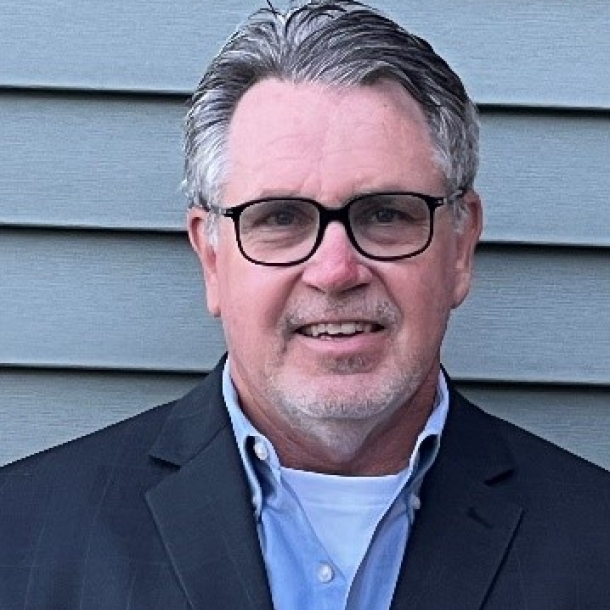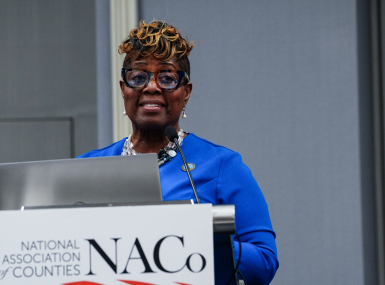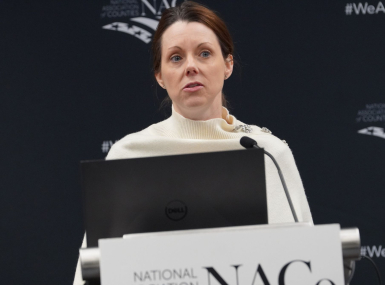Unlock the Power of CJCCs: Enhancing Your County's Justice System
Available On-Demand
This webinar is available on-demand. If you have issue accessing the recording, please email nacomeetings@naco.org.
Uniting key stakeholders from government, criminal justice and the community, Criminal Justice Coordinating Councils (CJCC) offer an effective way to improve your local justice system. Learn the essential elements of establishing and strengthening CJCCs, the driving force behind successful criminal justice efforts in leading counties. Whether you're looking to create a CJCC from scratch or enhance an existing one, discover the invaluable insights needed to make your county's justice system more efficient, fair and just.
Tagged In:
Watch Recording
Speakers

Jerry L. Evans
Polk County Criminal Justice Coordinating Council

Tiana Glenna
Criminal Justice Services Director, Eau Claire County, Wis

Thomas Eberly
Justice Management Institute

Mandy Potapenko
National Institute of Corrections





